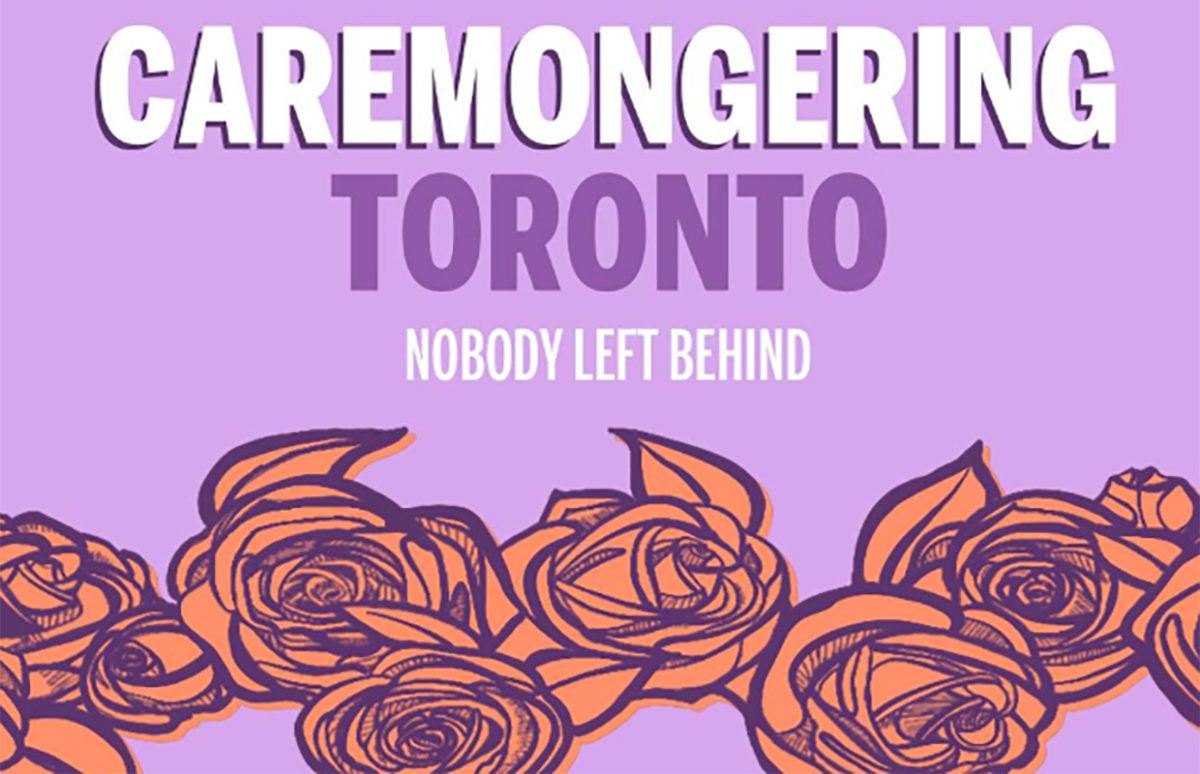You can always count on the Canadians to find the positive in anything. In this case, the coronavirus, social distancing, quarantine and everything else involved in the current situation. Canadians decided to combat the scaremongering about the virus by forming groups to help each other under the title "caremongering".
The trend started in Toronto, where Mita Hans and Valentina Harper started a Caremongering-TO group on Facebook. Soon dozens of other localities created groups, and the idea spread around the world. The Halifax, Nova Scotia, group hit 10,000 members in the space of a week.
Valentina Harper explains, "It's spread the opposite of panic in people, brought out community and camaraderie, and allowed us to tackle the needs of those who are at-risk all the time - now more than ever."
The groups are typically made up of posts headed #iso or #offer, by people “in search of” help or offering it. In many cases it’s going to get groceries or medicines for people who are quarantined, at risk, or with mobility problems. But people also help simply by chatting or offering computer advice to help people work from home or keep in touch with loved ones. And the groups can also centralise donations from those who can give to those in need.
Socially positive media
Social media gets a lot of criticism for trolling and other negative behaviour. This is a case where it can really fulfil its original purpose: connecting people.
Paul Viennau, who has a disability, received hand sanitiser supplies after joining the Halifax group. He told the BBC, "There's a lot of negative things about social media. It's a place that can make you feel isolated normally. This is an opportunity to people to reach out and help each other.”
Even for those not directly involved, just seeing the acts of kindness through hashtags like #caremongering helps remind us all that despite difficult circumstances, there are lots of good people around us willing to help their neighbours.

Check out our downloadable resource on the caremongering trend.
Canadian stereotypes
Being kind and polite, and saying, “Sorry” all the time are certainly not the worst national stereotypes to have. This infographic was produced by the Canadian government about some of those stereotypes when the country celebrated its 150th anniversary in 2017.

Tag(s) : "Canada" "Canadian stereotypes" "coronavirus" "lockdown" "positive news" "social media" "solidarity"






